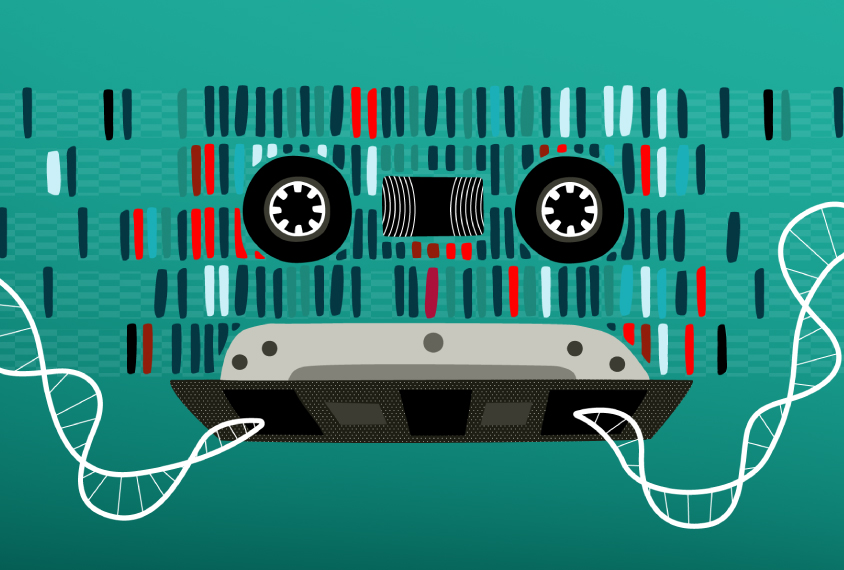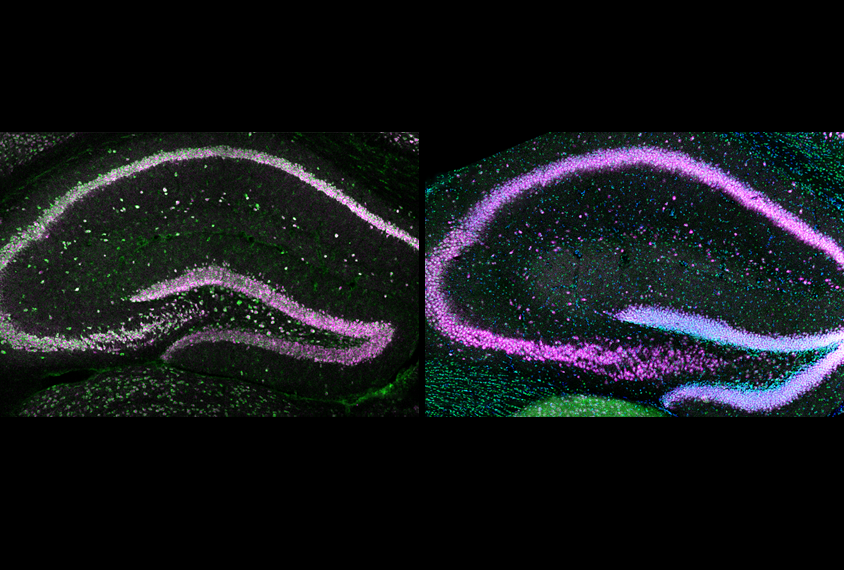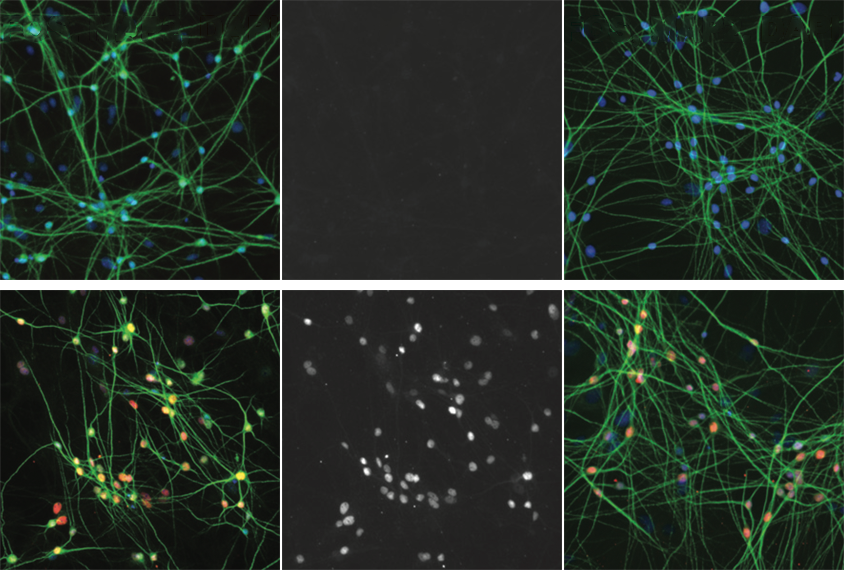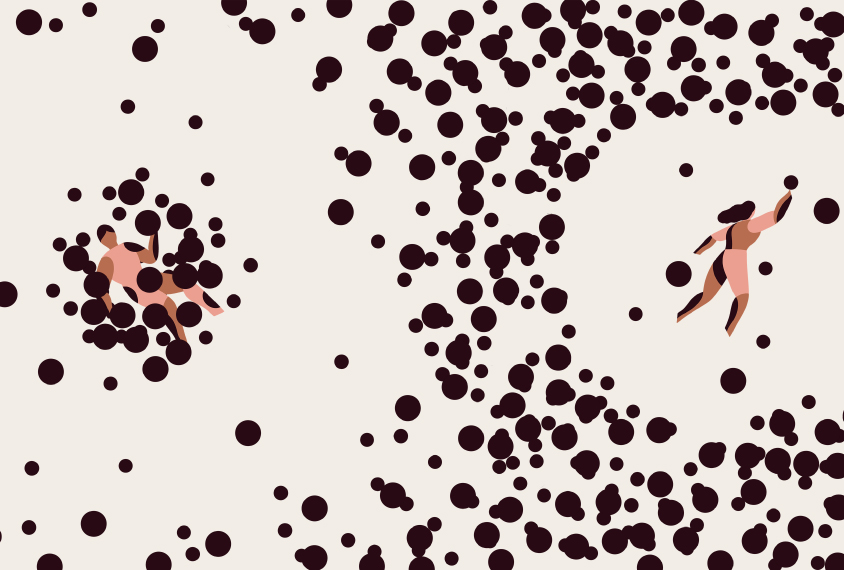Chloe Williams is a former intern at Spectrum. She is a science journalist based in New York City, covering health and the environment. She is also a graduate student in the Science, Health and Environmental Reporting Program at New York University.
Chloe Williams
Former news intern
The Transmitter
From this contributor
‘Retro-Cascorder’ tracks gene-expression timing
The new tool may help researchers reconstruct the sequence of biological events that underlie development.

‘Retro-Cascorder’ tracks gene-expression timing
Scans of sundry variant types uncover autism-linked genes
Troves of sequencing data reveal genes tied to autism through different variant types, providing a more complete picture of the condition’s genetic roots and new clues to its heterogeneity.

Scans of sundry variant types uncover autism-linked genes
Plethora of protein-making machines in neurons may underlie fragile X
An overabundance of ribosomes drives an imbalance of proteins produced from long and short genetic transcripts in a mouse model of fragile X syndrome.

Plethora of protein-making machines in neurons may underlie fragile X
New resource maps gene expression, regulation in neuron subtypes
The catalog could help researchers understand the effects of autism-linked DNA variants that fall outside genes.

New resource maps gene expression, regulation in neuron subtypes
Common inherited variants tied to autism show sex bias in families
Siblings of autistic females are more likely to have autism than siblings of autistic males are, and mothers of autistic children carry more common, autism-linked variants than fathers do.

Common inherited variants tied to autism show sex bias in families
Explore more from The Transmitter
New connectomes fly beyond the brain
Researchers are mapping the neurons in Drosophila’s ventral nerve cord, where the central nervous system meets the rest of the body.

New connectomes fly beyond the brain
Researchers are mapping the neurons in Drosophila’s ventral nerve cord, where the central nervous system meets the rest of the body.
Building an autism research registry: Q&A with Tony Charman
A purpose-built database of participants who have shared genomic and behavioral data could give clinical trials a boost, Charman says.

Building an autism research registry: Q&A with Tony Charman
A purpose-built database of participants who have shared genomic and behavioral data could give clinical trials a boost, Charman says.
Cerebellar circuit may convert expected pain relief into real thing
The newly identified circuit taps into the brain’s opioid system to provide a top-down form of pain relief.

Cerebellar circuit may convert expected pain relief into real thing
The newly identified circuit taps into the brain’s opioid system to provide a top-down form of pain relief.